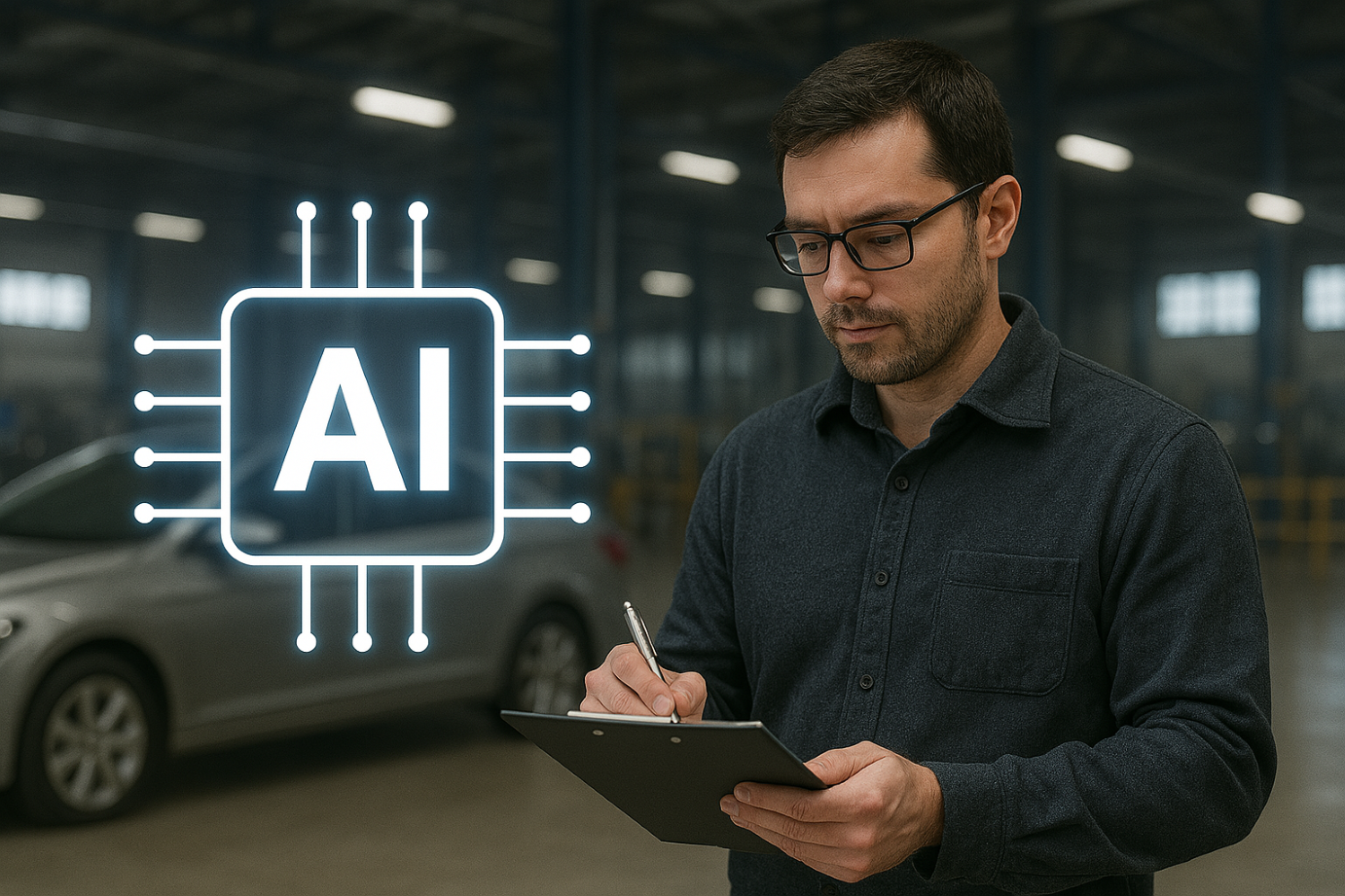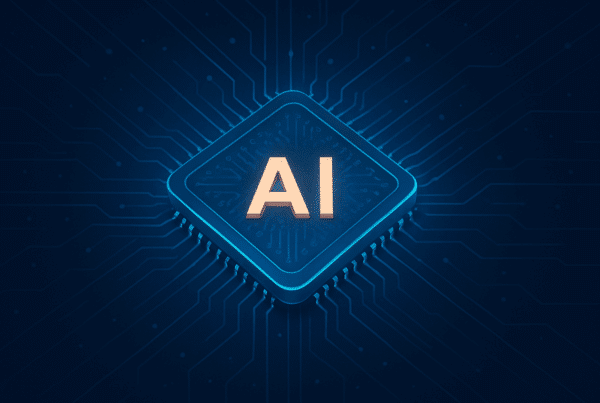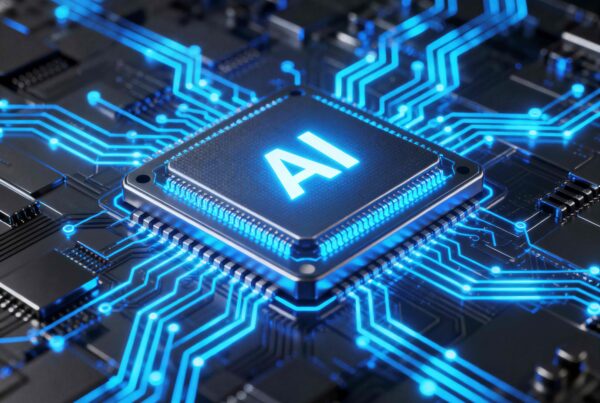AI Is Changing the Game – But Can Automotive Quality Keep Up?
It’s easy to see that artificial intelligence is making big waves in the automotive world. From self-driving capabilities to smart diagnostics, it’s transforming the way vehicles are designed, built, and operated.
But here’s where it gets tricky: the core quality systems the industry relies on weren’t exactly built with AI in mind.
So how do you keep control when the product being validated… learns on its own?
Here are a few ways AI is starting to test the limits of traditional quality engineering:
-
Control Plans… for Systems That Don’t Stand Still
Control plans are meant to guide stable, repeatable processes. But AI-driven systems can change over time—thanks to over-the-air updates or real-time data. That makes it harder to define and control product characteristics in the usual way. It’s not just about documenting a fixed process anymore.
-
Rethinking FMEAs for Smarter Tech
FMEA is a fundamental part of quality planning, but traditional FMEAs rely on known failure patterns—and AI doesn’t always comply to these rules. Some teams are starting to explore more dynamic approaches that blend classic FMEA thinking with system behaviour analysis, especially for features like assisted driving or adaptive cruise control.
-
Audits Are Asking New Questions
With AI in the mix, auditors want more than just test reports. They’re asking, “How are you validating this system?” and “Can you prove it’s safe?” That’s pushed quality teams to build new kinds of traceability—ones that account for system learning, performance in edge cases, and post-production updates.
-
OEM Requirements Are Evolving
Some automotive manufacturers are already requesting extra checks for AI-enabled parts—and this trend is only picking up speed. It’s likely that Customer-Specific Requirements (CSRs) will soon reflect the need for AI-specific validations. Forward-thinking suppliers are already working this into their quality systems.
-
The Core Principles Still Apply
Even with all this change, the fundamentals of quality—like risk management, process discipline, and continuous improvement—are still the same. The difference is in how they’re being applied to today’s complex, technology driven systems. Quality professionals are still integral in keeping things grounded and safe.
AI isn’t replacing quality – it’s pushing it to evolve.
If you’re working in or around automotive quality, I’d love to know how your teams are responding. Will we see AI requirements being integrated into new iterations of traditional quality standards/methods? Email djewell@akkar.com.








